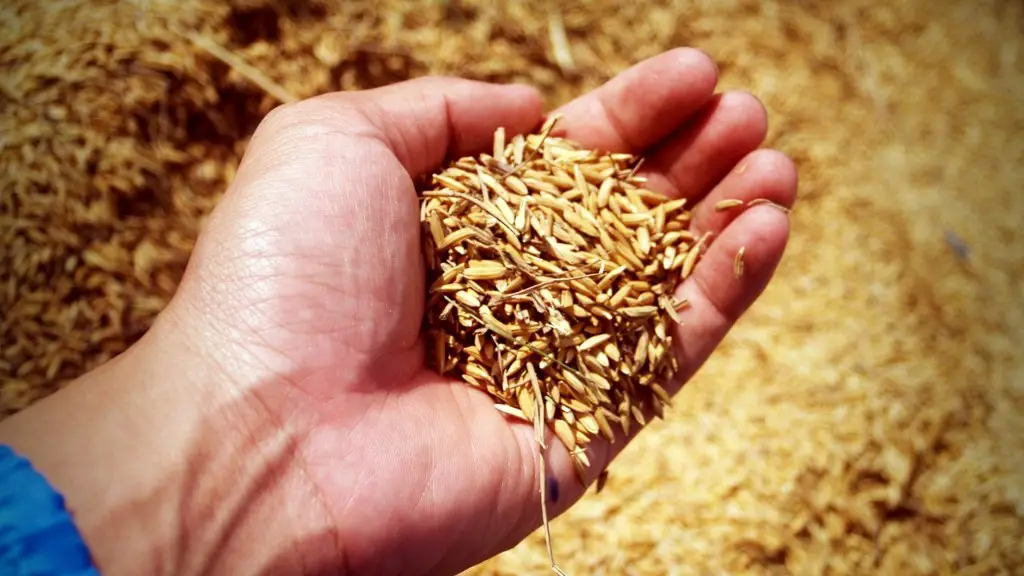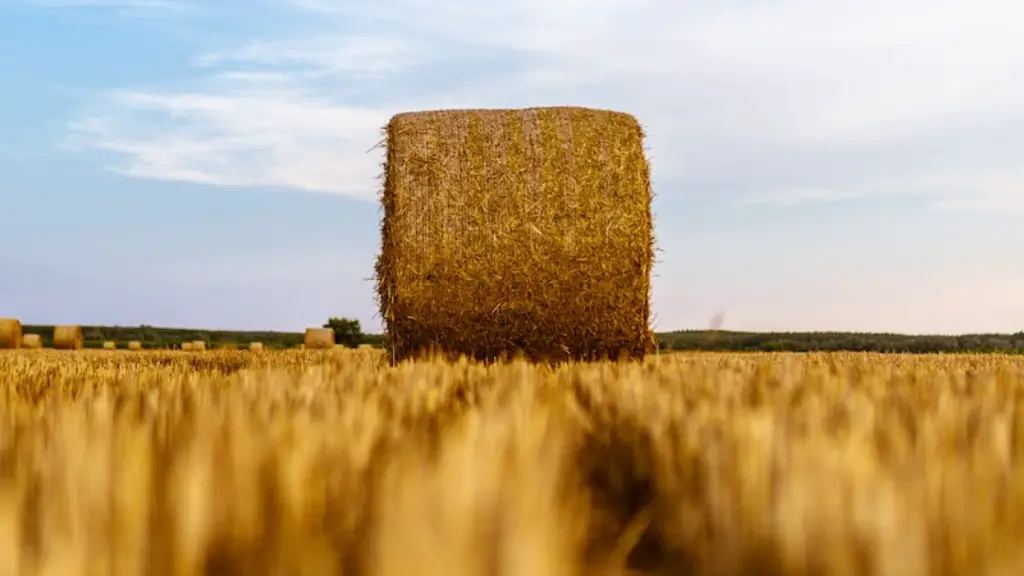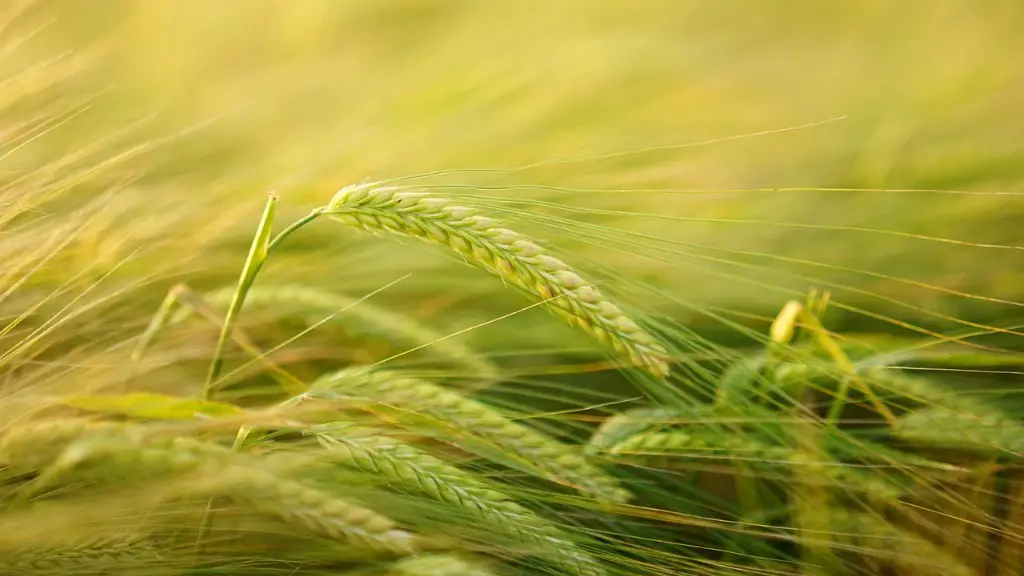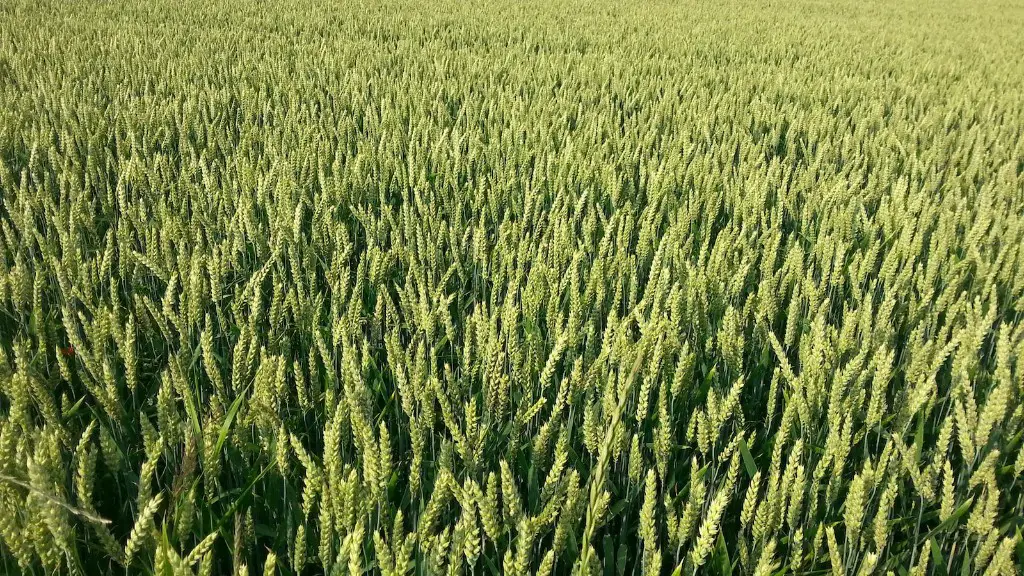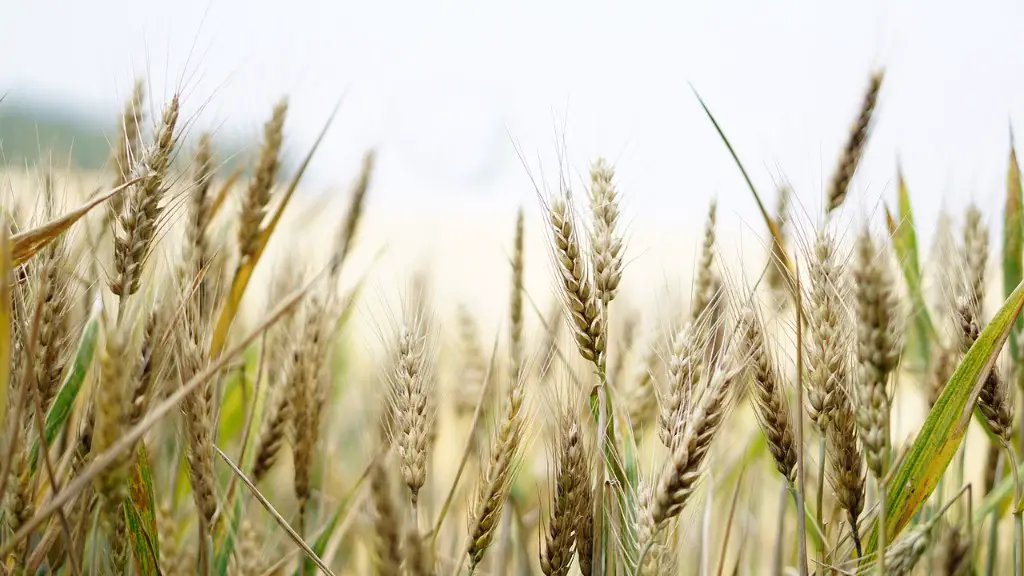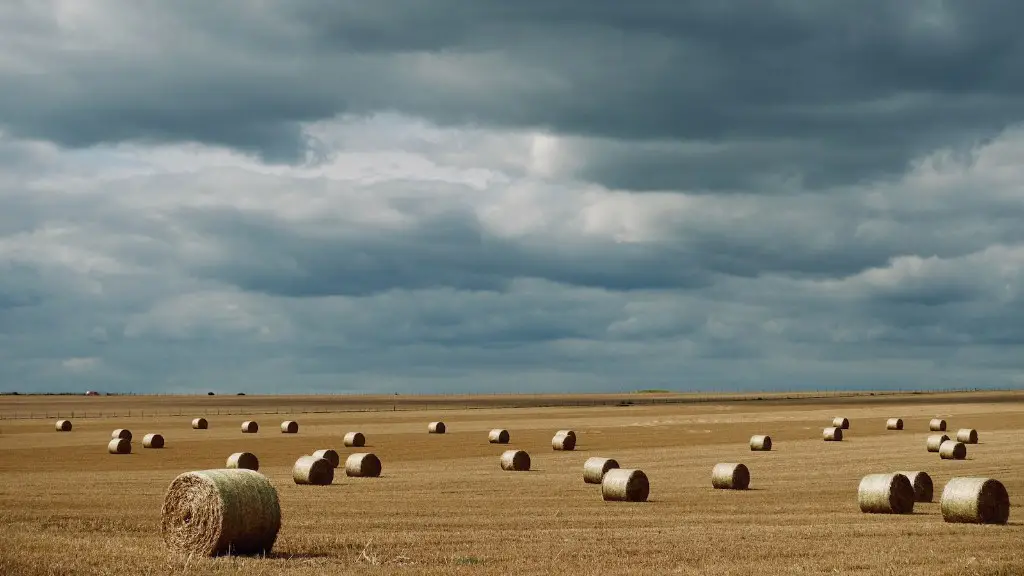The main purpose of sustainable agriculture is to produce food and other agricultural products in a way that protects and improves the natural environment and the lives of people involved in agriculture.
The main purpose of sustainable agriculture is to produce food and other agricultural products in a way that is environmentally sound, socially responsible, and economically viable.
What is the main purpose of sustainable agriculture apex?
The goal of sustainable agriculture is to meet society’s food and textile needs in the present without compromising the ability of future generations to meet their own needs. This is done by using methods that protect and conserve natural resources, improve soil and water quality, and are economically and socially just.
The basic goals of sustainable agriculture are environmental health, economic profitability, and social and economic equity. These goals are sometimes referred to as the “three legs” of the sustainability stool.
Sustainable agriculture is an approach to food production that is based on three main principles:
1. Environmental health: Sustainable agriculture practices must protect and enhance the natural resources that are essential to food production, including soil, water, and biodiversity.
2. Economic profitability: Sustainable agriculture must be economically viable, providing farmers with a reasonable return on their investment.
3. Social and economic equity: Sustainable agriculture must improve the social and economic conditions of those who are involved in the food system, from farmers to food workers to consumers.
Why is sustainable agriculture so important
Sustainable agriculture is a key part of preserving the earth’s natural resources. By maintaining soil quality, reducing erosion, and preserving water, sustainable agriculture helps to keep the environment healthy.
Sustainable agriculture is a great way to protect the environment and aid in the expansion of natural resources. It is also a great way to make the best use of nonrenewable resources.
What are 3 reasons favoring sustainable farming?
There are many different types of farming, but sustainable farming is unique in its focus on the long-term health of the land and its ability to provide for the needs of future generations. Sustainable farming is not only environmentally friendly, but also economically and socially responsible.
There is no one-size-fits-all definition of sustainable agriculture, but there are a few common themes and principles that are often cited. Sustainable agriculture integrates three main goals – environmental health, economic profitability, and social equity. A variety of philosophies, policies and practices have contributed to these goals, but the most important thing is that sustainable agriculture is an approach that is constantly evolving as we learn more about the natural world and the best ways to coexist with it.
What is the main purpose of sustainability?
Sustainability is the key to ensuring that future generations will be able to meet their own needs. It is important to balance economic growth, environmental protection and social well-being in order to create a sustainable future. We need to be mindful of the impact our actions have on the environment and the planet as a whole. We also need to ensure that we are providing for the needs of current generations while also planning for the future.
Sustainable agriculture is a term used to describe various farming practices that are considered to be environmentally friendly and effective. This can include practices such as rotating crops, planting cover crops, reducing or eliminating tillage, and managing whole systems and landscapes. IPM, or integrated pest management, is another key component of sustainable agriculture. This involves using a variety of techniques to control pests, such as using natural predators or making changes to the environment.
What are the four goals of sustainable agriculture
The four goals of sustainable agriculture are to protect the environment, natural resources, the economic viability of farming operations, and to provide a safe and high-quality food supply. To achieve these goals, sustainable agriculture practices seek to minimize the use of synthetic inputs, maximize the use of renewable resources, and promote ecological processes.
When agricultural operations are sustainably managed, it can have many benefits for the environment. Sustainable management practices can help preserve and restore critical habitats, protect watersheds, and improve soil health and water quality. WWF works to identify and implement better management practices for agriculture so that these benefits can be realized.
What are 3 reasons why agriculture is important?
Agriculture is important for a variety of reasons. It is the main source of raw materials for many industries, it is important to international trade, it plays a big role in a nation’s revenue, it provides employment, it is crucial to a country’s development, it can help heal the environment, and it goes hand-in-hand with war.
Sustainable development is important for many reasons. It helps in ensuring a better life for present and future generations, lowers the impact on the environment, and helps in achieving long-term economic growth.
What is an example of sustainable agriculture
There are many ways to reduce the amount of tillage required on a farm. One way is to carefully apply on-farm nutrient sources, such as manure or compost, to build up soil organic matter. This can help reduce energy costs by reducing the need to use fossil fuels for tillage. Additionally, pests can be controlled by planting a diversity of crops and using natural predators or barriers. Finally, income can be increased by more efficient use of on-farm resources, such as irrigation or storage.
The Sustainable Development Goals (SDGs), also known as the Global Goals, are a set of 17 “interconnected goals” adopted by all United Nations Member States in 2015. The SDGs are: no poverty; zero hunger; good health and well-being; quality education; gender equality; clean water and sanitation; affordable and clean energy; decent work and economic growth; industry, innovation and infrastructure; reduced inequalities; sustainable cities and communities; responsible consumption and production; climate action; life below water; life on land; peace and justice strong institutions; and partnerships for the goals.
What is the main mission of the sustainable development?
The UN SDGs are a fantastic way to bring the world together to solve some of humanity’s most pressing problems. I believe that by working together on these goals, we can make real progress in improving our world. I am hopeful that these goals will be met within the next 15 years.
Agricultural TFP growth has played a vital role in reducing poverty, increasing food security, decreasing land expansion and associated biodiversity loss, and mitigating greenhouse gas emissions over the last half century. It has supported economic growth that has put money in farmers’ pockets and boosted rural economies.
Conclusion
The main purpose of sustainable agriculture is to produce food and other agricultural products in a way that does not damage or degrade the natural environment. Sustainable agriculture practices seek to optimize the economic, social and environmental benefits of agricultural production.
The main purpose of sustainable agriculture is to produce food while protecting and preserving the environment. Sustainable agriculture is an ecological approach to food production that incorporates principles of ecosystem management. The goal of sustainable agriculture is to create a self-sustaining system that can be maintained indefinitely.
